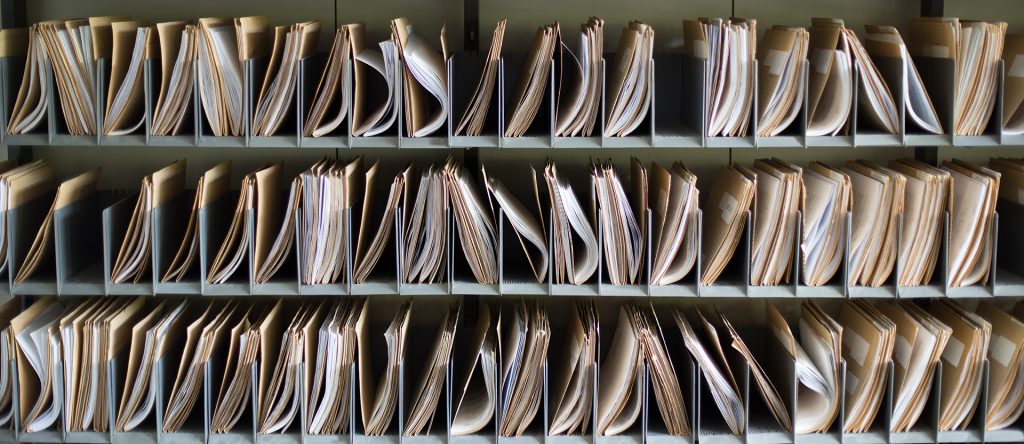
Museums provide a unique interactive experience of getting up close to things we usually only see in books, newspapers or on the television.
Seeing the Mona Lisa for example, is a totally different experience to seeing one of the millions of printed versions; the perception you get of something from a second-hand source is often completely different to the one you get when you see something with your own eyes.
Education
In terms of education, going to a museum can bring what is taught in schools to life, by seeing artefacts or paintings for example. If children are learning about the Romans for example and they go to an exhibition full of armour and weapons dating from that period, they are more likely to find it interesting and want to learn more about it.
Research also shows that those who have had firsthand experience of such information are more likely to retain it in later life. Museums can then be an extremely valuable source of creativity, particularly organisations such as art galleries or photography exhibitions, as many people find they are inspired and subsequently want to try such activities themselves.
Museums in the U.K are well organised and exhibitions well maintained to ensure all products and displays are kept in the best possible state of repair; this will make it possible for many generations to experience and be inspired by them.
Tourism and the Local Economy
Museums are also a significant factor in attracting tourists to an area and can therefore be instrumental in helping the local economy in terms of supplying a passing trade as well as offering local people employment.
Government figures suggested that in 2004, 85% of foreign visitors listed the U.K’s rich heritage and array of museums and galleries as a major factor in their decision to visit this country.
Research
Museums are also instrumental to research programmes in this country. For many people undertaking research, museums provide an unrivalled wealth of information and resources as well as access to archives, scholars and highly trained professionals.
